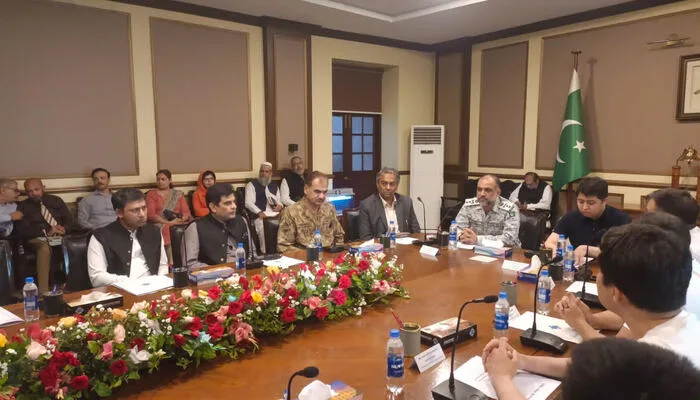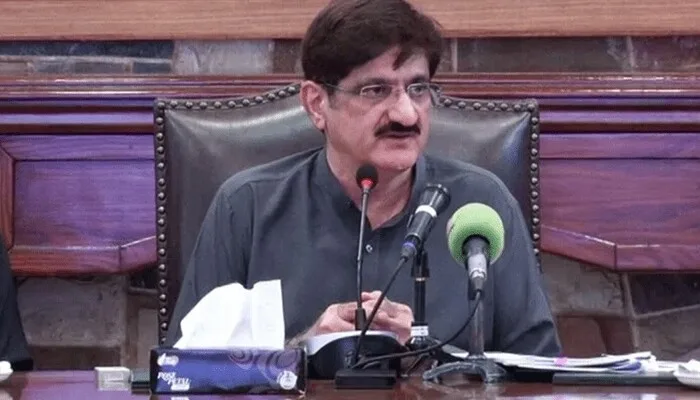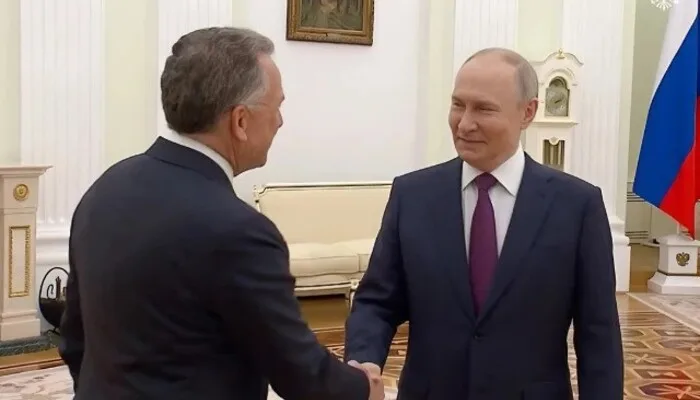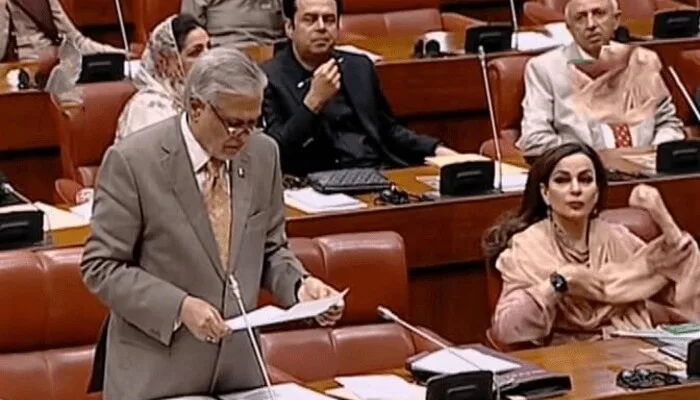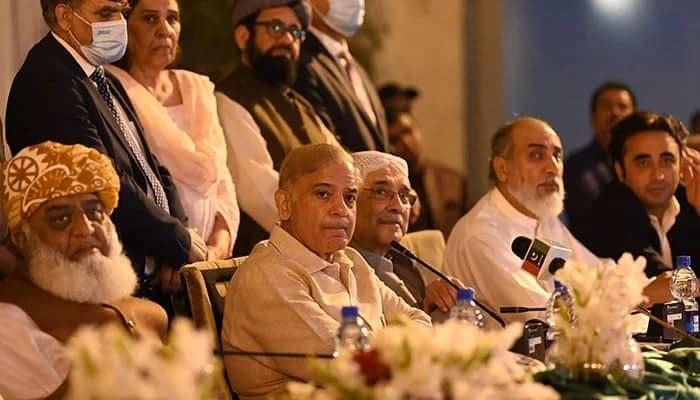
The Pakistan Democratic Movement (PDM) has expressed its distrust in the Supreme Court’s three-judge bench, headed by Chief Justice Umar Ata Bandial, hearing the election delay case. Maulana Fazlur Rehman, the president of the PDM and chief of Jamiat Ulema-e-Islam-Fazl (JUI-F), announced this decision in a press conference in Islamabad. The PDM is a coalition of 13 opposition parties, and they have decided to boycott the bench in question.
During the press conference, Maulana Fazlur Rehman stated that the PDM does not trust the bench comprising the three judges. He alleged that some judges want to provide relief to Imran Khan, the chairman of the ruling party, Pakistan Tehreek-e-Insaf (PTI). The PTI had filed a plea against the delay in the polls. Fazlur Rehman further stated that the chief justice and the other two judges should morally recuse themselves from this case.
The PDM’s decision to boycott the bench comes after a meeting with Prime Minister Shehbaz Sharif in Lahore, where Pakistan Muslim League-Nawaz (PML-N) supremo Nawaz Sharif also backed their decision. The PDM president alleged that two major culprits of rigging are on the loose, and no notice is being taken against them. He also emphasized that elections should take place on the same day across the country to keep the country united.
Imran Khan, the PTI chief, has been criticized for wanting divisions within institutions. The impact of the PTI chief’s plea in the apex court has been highlighted by Fazlur Rehman. The PDM believes that the delay in the polls is an attempt by the ruling party to maintain their grip on power.
The PDM’s decision to boycott the bench is a reflection of the ongoing political turmoil in Pakistan. The country has been facing a range of challenges, including economic instability, security concerns, and political polarization. The opposition parties have been critical of the government’s handling of these issues, and they have been calling for early elections.
The Supreme Court’s decision on the election delay case will have significant implications for Pakistan’s political landscape. The PDM’s decision to boycott the bench is likely to further polarize the political environment. It remains to be seen how the ruling party will respond to the opposition’s demands for early elections.
In conclusion, the PDM’s decision to express distrust in the Supreme Court’s bench hearing the election delay case is a significant development in Pakistan’s political landscape. The opposition’s demand for early elections has been a source of contention between the ruling party and the opposition parties. The Supreme Court’s decision on the case will have significant implications for the country’s political future.



